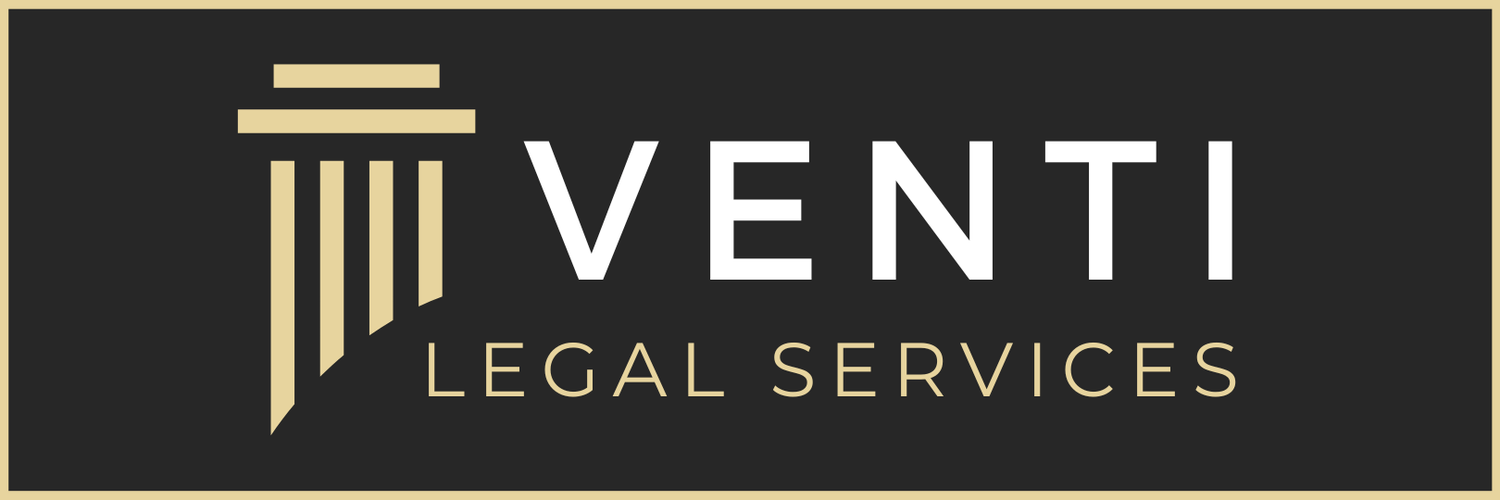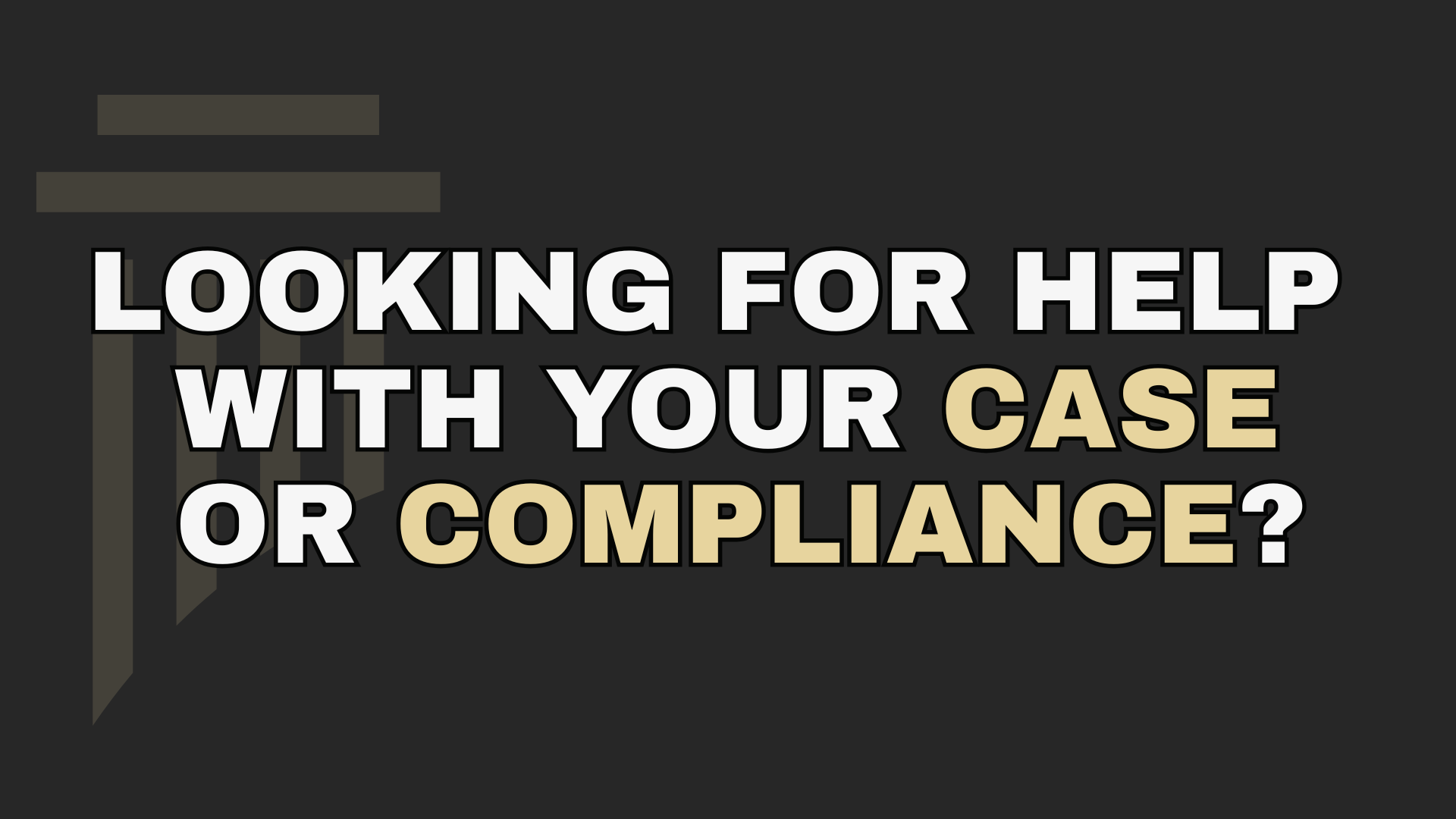The Rise of AI & Analytics in Player Protection: Lessons from IAGR2025
Table of Contents
Introduction: Why Player Protection Is at the Core of Gaming Regulation
What IAGR2025 Reveals About the Future of Responsible Gambling
The Role of Artificial Intelligence in Detecting Risk
Predictive Analytics: Spotting Harm Before It Happens
Balancing Innovation with Privacy & Civil Liberties
Case Study: How Regulators Are Already Using AI in Gaming Oversight
The AGCO’s Stance: What Ontario Operators Should Know
Venti Legal’s Perspective: Why Legal Guidance Matters in an AI-Driven Future
FAQs: AI and Player Protection in Ontario’s Gaming Industry
Conclusion: Getting Ahead of the Curve with Compliance and Strategy
Introduction: Why Player Protection Is at the Core of Gaming Regulation
The gaming industry has always lived in the tension between innovation and regulation. From new digital betting platforms to esports and cryptocurrency wagering, regulators face a constant challenge: how to keep players safe while enabling a thriving industry. Player protection has become the central theme of global gaming oversight—and nowhere is this more evident than at IAGR2025 in Toronto, where the theme of Resilient Regulation highlights the evolving role of technology in responsible gambling.
In Ontario, the Alcohol and Gaming Commission of Ontario (AGCO) is a leader in embedding responsible gambling into compliance frameworks. But with the rise of AI and big data, the question becomes: how do we leverage these tools for better oversight without overstepping into surveillance and overregulation?
What IAGR2025 Reveals About the Future of Responsible Gambling
At IAGR2025, regulators and operators worldwide are aligning on one clear point: AI is no longer optional. It’s becoming a cornerstone of regulatory enforcement and responsible gambling strategies. The focus has shifted from reactive regulation—punishing infractions after harm occurs—to proactive prevention. Conferences like IAGR emphasize that the industry must prepare for a world where:
AI monitors player behavior in real-time to detect early signs of harm.
Analytics drive intervention strategies—from deposit limits to cooling-off periods.
Cross-border regulatory cooperation allows for shared intelligence on problem gambling patterns.
The Role of Artificial Intelligence in Detecting Risk
Artificial intelligence is uniquely suited to spotting patterns that human regulators might miss. For example:
Unusual betting patterns that suggest problem gambling.
Rapid play frequency combined with high deposit activity.
Signs of chasing losses that may indicate addiction.
Unlike traditional oversight, which relies on audits and complaints, AI can provide continuous oversight at scale. This is particularly important in Ontario’s regulated iGaming sector, where online betting activity generates vast amounts of real-time data.
But here lies the challenge: the more powerful the AI, the greater the risk of false positives, bias, and overreach. Operators must tread carefully to avoid regulatory penalties for either under-enforcement or overly aggressive intervention.
Predictive Analytics: Spotting Harm Before It Happens
Predictive analytics takes things a step further. Instead of waiting until a gambler hits rock bottom, analytics can:
Identify risk factors early (sudden changes in spending, emotional language in customer support chats).
Provide tiered interventions (e.g., mild reminders before account suspensions).
Offer personalized responsible gambling tools (deposit limits tailored to individual player behavior).
For operators, this isn’t just a regulatory burden—it’s also a competitive advantage. A reputation for strong player protection builds trust, reduces liability, and positions operators as long-term leaders in a sector often plagued by public skepticism.
Balancing Innovation with Privacy & Civil Liberties
AI and analytics in gambling oversight inevitably raise concerns about privacy. Questions include:
How much data should regulators be allowed to collect?
When does monitoring cross into surveillance?
How can operators comply with both AGCO regulations and Canada’s privacy laws?
The balance between innovation and rights is delicate. Regulators are under pressure to protect players, but overreach could erode trust in the system. Operators need legal partners who understand both the compliance obligations and the civil liberties implications.
The AGCO’s Stance: What Ontario Operators Should Know
The AGCO has consistently prioritized responsible gambling and risk-based oversight. Expect the following themes from AGCO in the wake of IAGR2025:
Stronger mandates for AI-driven monitoring systems.
Expanded compliance reporting obligations.
Heightened scrutiny of operators who fail to implement adequate safeguards.
For operators, that means increased compliance costs and a higher bar for accountability. But it also means opportunities—those who adopt AI early may avoid enforcement actions and even gain regulatory goodwill.AI-Driven Future
Venti Legal’s Perspective: Why Legal Guidance Matters in an AI-Driven Future
At Venti Legal, we understand that the future of gaming regulation in Ontario is not just about playing by the rules—it’s about anticipating them. Our AGCO Defence Services help operators:
Navigate the complex compliance landscape around AI monitoring.
Defend against licensing disputes or regulatory enforcement tied to responsible gambling obligations.
Protect their reputation while implementing cutting-edge technologies.
The bottom line: AI and analytics aren’t just tools for regulators—they’re tools that, when managed strategically, can protect operators from liability and strengthen long-term success.
Book a Consultation on Your Matter
At Venti Legal, we understand that the future of gaming regulation in Ontario is not just about playing by the rules—it’s about anticipating them. Our AGCO Defence Services help operators:
Navigate the complex compliance landscape around AI monitoring.
Defend against licensing disputes or regulatory enforcement tied to responsible gambling obligations.
Protect their reputation while implementing cutting-edge technologies.
The bottom line: AI and analytics aren’t just tools for regulators—they’re tools that, when managed strategically, can protect operators from liability and strengthen long-term success.
Serving: Toronto | Mississauga | Vaughan | Hamilton | Ottawa | Across Ontario
📍 5000 Yonge St, Suite 1901, North York, ON M2N 7E9
📞 416 549 8012
🌐 www.ventilegal.com
📩 Online inquiries answered promptly
VENTI Legal Services
Regulatory Defence. Traffic Offences. Minor Criminal.
This isn't law. This is leverage.
FAQs: AI and Player Protection in Ontario’s Gaming Industry
-
AI is used to track player behavior, detect risk factors, and recommend interventions to prevent problem gambling.
-
While not mandatory yet, trends from IAGR2025 suggest AGCO will increasingly expect AI-driven compliance frameworks.
-
Operators must comply with both AGCO rules and Canadian privacy laws. Done correctly, AI can enhance safety without overstepping.
-
Failure to implement adequate safeguards could result in AGCO penalties, reputational damage, and even loss of license.
-
We guide operators through AGCO compliance, defend against regulatory disputes, and help implement responsible gambling frameworks that align with both law and innovation.
Conclusion: Getting Ahead of the Curve with Compliance and Strategy
IAGR2025 makes one thing crystal clear: AI and analytics are redefining player protection. For Ontario operators, the challenge is staying compliant without stifling innovation. For regulators, it’s about building resilience without eroding trust. And for firms like Venti Legal, it’s about standing at the intersection—ensuring businesses stay protected while embracing the future.




